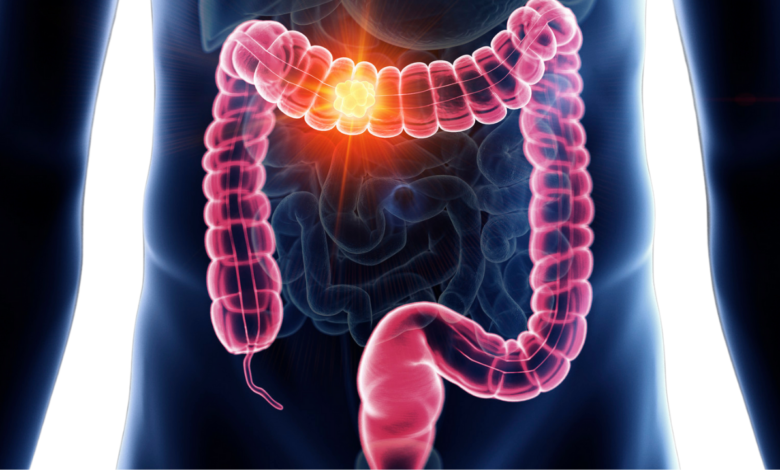Small Intestine Cancer: A cancer of the small intestine.

What is the Small Intestine Cancer ?
Small intestine cancer is a type of cancer that begins in the small intestine, a part of the digestive system. It is less common than colon cancer or stomach cancer.
What are the symptom of Small Intestine Cancer?
Early-stage small intestine cancer often has no symptoms. As the cancer grows, it may cause:
- Abdominal pain or discomfort: Often described as a cramping or bloating sensation.
- Changes in bowel habits: Diarrhea, constipation, or a change in stool consistency.
- Weight loss: Unexplained weight loss.
- Nausea and vomiting: Feeling sick to your stomach or vomiting.
- Intestinal obstruction: This can cause severe abdominal pain, vomiting, and constipation.
- Bleeding: In some cases, the cancer can cause bleeding, leading to blood in the stool or vomiting blood.
Who can suffer from Small Intestine Cancer?
Anyone can develop small intestine cancer, but certain factors may increase the risk:
- Age: The risk increases with age, particularly after 50.
- Family history: Having a family history of small intestine cancer or other cancers.
- Genetic conditions: Certain genetic conditions, such as familial adenomatous polyposis (FAP) and hereditary nonpolyposis colorectal cancer (HNPCC), can increase the risk.
- Inflammatory bowel diseases: Crohn’s disease and ulcerative colitis can increase the risk.
- Smoking and alcohol consumption: These habits can damage the small intestine.
What are the type of Small Intestine Cancer ?
There are several types of small intestine cancer, classified based on the type of cells involved:
- Adenocarcinoma: The most common type, arising from glandular cells.
- Carcinoid tumor: A less common type that grows slowly.
- Lymphoma: A type of cancer that affects the immune system.
- Other types: Less frequent types, such as squamous cell carcinoma or melanoma.
Which diagnostic are available for the Small Intestine Cancer?
· Endoscopy: A procedure to examine the inside of the small intestine using a flexible tube with a camera.
· Biopsy: A sample of tissue is taken for examination under a microscope.
· Imaging tests: CT scan, MRI, or PET scan can be used to assess the extent of the cancer.
· Blood tests: Can check for anemia or other abnormalities.
What are the treatment of the Small Intestine Cancer ?
Treatment depends on the stage of the cancer and the patient’s overall health. Options include:
- Surgery: Removal of the affected part of the small intestine.
- Chemotherapy: Using drugs to kill cancer cells.
- Radiation therapy: Using high-energy rays to kill cancer cells.
- Targeted therapy: Using drugs that target specific molecules involved in the growth and survival of cancer cells.
- Immunotherapy: Using the body’s immune system to fight cancer cells.
Which diet should I take ,if any ?
A healthy diet can help support recovery and reduce the risk of recurrence. Focus on:
- Fruits and vegetables: Consuming a variety of fruits and vegetables.
- Whole grains: Opt for whole grains over refined grains.
- Lean protein: Choose lean sources of protein like fish, poultry, and legumes.
- Fiber: Increase fiber intake through whole grains, fruits, and vegetables.
- Limit red meat and processed foods: Reduce consumption of red meat and processed foods.
Which speciality of the doctor will Small Intestine Cancer?
A gastroenterologist, a doctor who specializes in digestive diseases, is typically involved in the diagnosis and treatment of small intestine cancer.
In Small Intestine Cancer completely curable ?
The curability of small intestine cancer depends on the stage at which it is diagnosed and the effectiveness of the treatment. Early detection and treatment significantly improve the chances of a successful outcome. Regular check-ups and following a healthy lifestyle are important for prevention and early detection.





